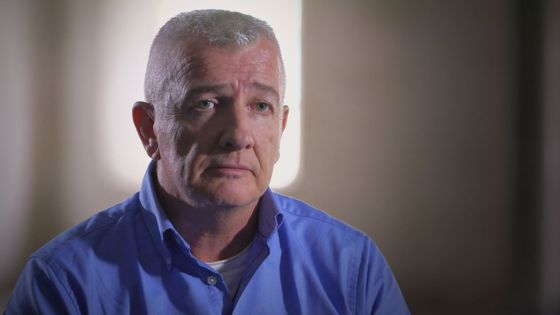When former President, Dr. Goodluck Jonathan, signed the National Tobacco Control (NTC) Act 2015 into law four days to the end of his administration, most Nigerians heaved a sigh relief.

The exhilarating feeling among Nigerians was not unanticipated as the law had gone through a tortuous road, almost declared missing at a point before resurrecting to become a reality. The process proper started more than a decade before when Nigeria joined the committee of nations that signed and ratified the first global health treaty known as the World Health Organisation – Framework Convention on Tobacco Control (WHO-FCTC).
The coming into force of the FCTC on 27 February 2005 marked the first time that the WHO went as far as enacting international legal powers to address tobacco addiction and its deadly fallouts. Dr. Jonathan’s signing of the law was therefore a watershed for Nigeria as it joined the ranks of nations that have domesticated the treaty.
While the law still has loopholes such as a bureaucratic provision that the National Assembly must give its nod for implementing Regulations to be fashioned by the Ministry of Health for implementation to begin, in the overall, the NTC Act 2015 is seen as a torchlight pointing in the right direction.
A further encouraging development is the recent inauguration of the National Tobacco Control Committee (NATOCC) by Minister of Health, Professor Isaac Adewole, and Vice President Yemi Osinbanjo’s meeting with civil society where he pledged federal government’s support for quick implementation of the tobacco law.
But even as these strides thrill Nigerians, for the Ministry of Health, the need to be circumspect about the tobacco industry is instructive. This has become very important now that the tobacco industry is pulling stunts to obstruct or delay the passage of tobacco control policies across Africa.
Kenya is an example that readily comes to mind. Even after a 13-year legislative battle for the passage of her Tobacco Control Act which happened in 2007, British America Tobacco (BAT) petitioned a Kenyan court to stop the adoption of regulations that would facilitate implementation of Kenya’s Tobacco Control Act, claiming the Kenyan Ministry of Health violated due process procedures under the Constitution by not consulting with the tobacco industry in fashioning its Tobacco Control Act.
After several deliberate attempts to arm-twist the ministry, the Kenyan court ruled, among others, that, according to the documents presented to it, there were various meetings during the framing of the regulations that BAT was represented in, and consulted. The suit was thrown out.
For public health advocates the BAT lawsuit is a familiar one deliberately aimed at undermining, delaying and thwarting the strong tobacco control regulations. The company is also allegedly involved in coercing government officials to advocate on its behalf, interfering in policymaking through trade committees and third parties, and aggressively lobbying and bribing policymakers.
The recourse to litigation was as a result of the failure of the previous tactics even as the company is yet to extricate itself from allegations of systematic bribery which was exposed by Paul Hopkins, an employee-turned-whistleblower. In 2015, Hopkins revealed that BAT engaged in systematic bribery to thwart tobacco control laws throughout Central and East Africa.
Hopkins went into details to describe how BAT funded illegal corporate espionage and how its contractors bribed politicians and policymakers in countries like Rwanda, Kenya and Uganda.
Hopkins, former BAT personnel, shared hundreds of secret documents which revealed he started paying bribes after being told it was the cost of doing business in Africa. His job was to facilitate the payments.
Emails he shared revealed the company made illegal payments to two members and one former member of the FCTC. An FCTC representative from Burundi, Godefroid Kamwenubusa, and a representative from the Comoros Islands, Chaibou Bedja Abdou, were alleged to have also received $3,000 while former representative from Rwanda, Bonaventure Nzeyimana, was paid $20,000. In return for the illegal payment to Kamwenubusa, a Burundian senior civil servant, BAT also wanted a draft copy of the country’s Tobacco Control Bill with an e-mail to the government official asking to “accommodate any amendments before the president signs.”
In Uganda, the company is allegedly behind financial muscle to oppose a MPs private member’s bill aimed at curbing smoking in a country where cigarettes kill 13,500 people a year.
Learning Point
Nigeria’s health ministry must learn from an observed pattern of tobacco industry booby trap as it begins developing regulations for implementation of the Tobacco Control Act. The ministry must also have Article 5.3 of the WHO-FCTC at the back of its mind as the focal agency of government to implement the law as it alerts that industry interference poses the single greatest threat to tobacco control policies. It must guard against industry influence. Only such caution will save Nigerians from lifelong addiction to tobacco. The other alternative is to wait for the industry to begin a game it knows very well to our collective peril. God forbid!
By Uchenna Okafor (Public Health Consultant, Aba)
